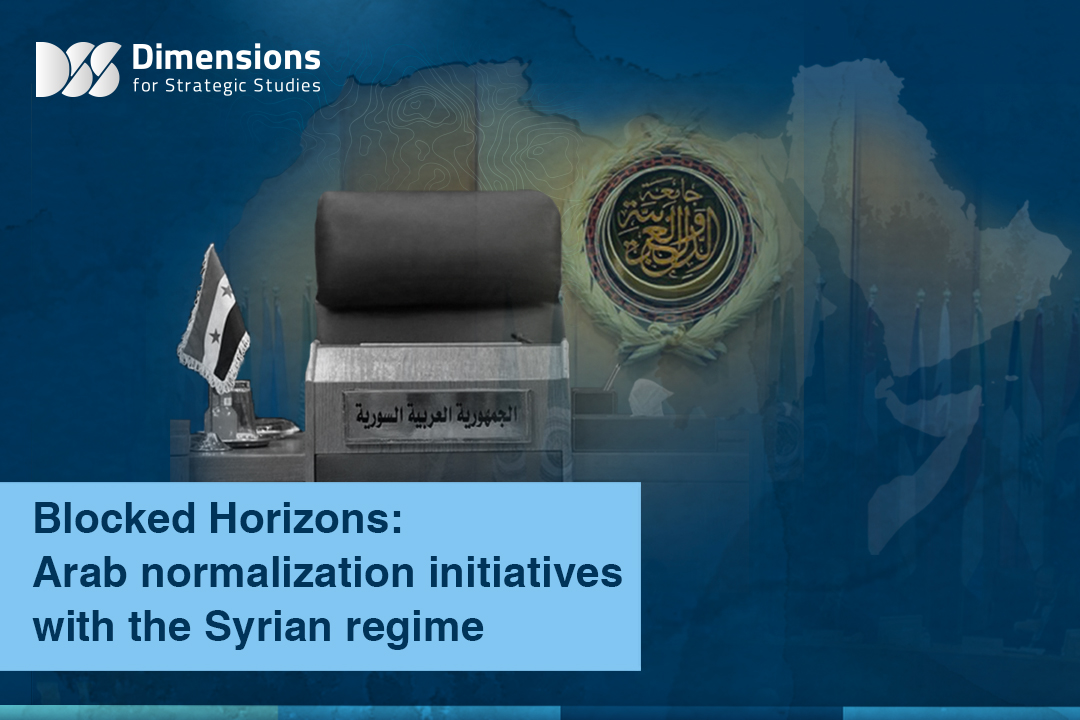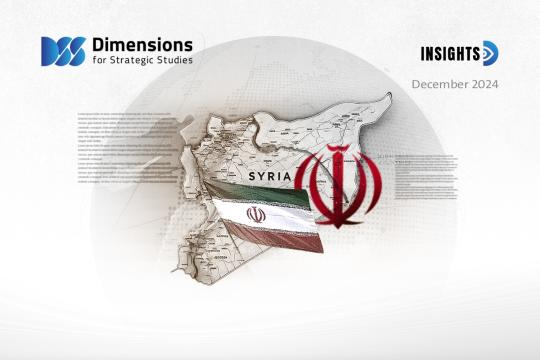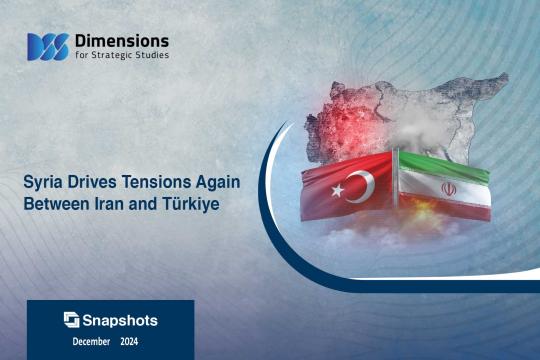
Blocked Horizons: Arab normalization initiatives with the Syrian regime
2021-12-203822 view
In March 2010, Bashar al-Assad attended the twenty-second Arab summit, and that was the last time he participated in, after the decision of the League Council on November 28, 2011, to suspend Syria’s membership on the grounds of regime's refusal to abide by the Arab plan of action, which includes the cessation of all acts of violence, the release of detainees, the evacuation of cities and residential neighborhoods from armed demonstrations, and the opening of the way for League organizations to see the reality of the situation in the country.
After 11 years, it seems that Bashar al-Assad - more than ever - has a chance to return to the Arab League and attend its thirty-fourth summit, which will be hosted by Algeria in March 2022.
If Bashar al-Assad could not attend, there must be an opportunity for his regime to participate in the work of the summit regardless of the size of the representation and diplomatic presence. This decision, however, depends on the divergent positions of the Arab countries. Several domestic and external political determinants also resolve this question.
Accordingly, this report reviews the objectives of the Arab countries that call for or welcome the return of the Syrian regime to the Arab League. It also considers the extent to which any possible normalization will affect the policies of the actors in Syria; which are, Arab states, Russia, US and Iran.
After reviewing the goals of the Arab countries from normalization with the regime and the effects of that, the report concludes with building two scenarios about the fate of these efforts. These scenarios talk about either the failure or the conditional success.
This report helps public opinion and experts get a clear picture about the course of Arab normalization with the regime since its official launch at the end of 2018.
Read more on the folowing link: Blocked Horizons: Arab normalization initiatives with the Syrian regime





